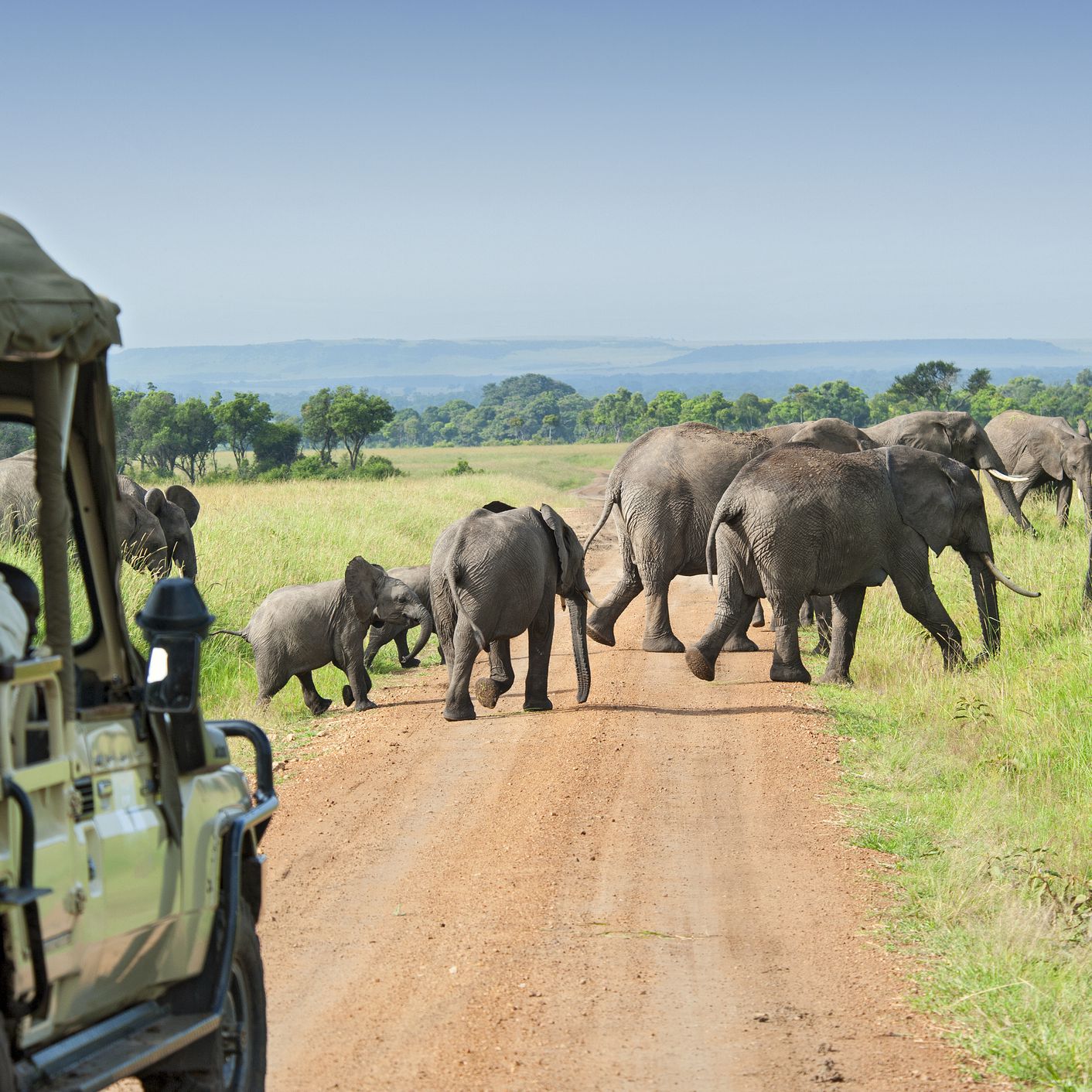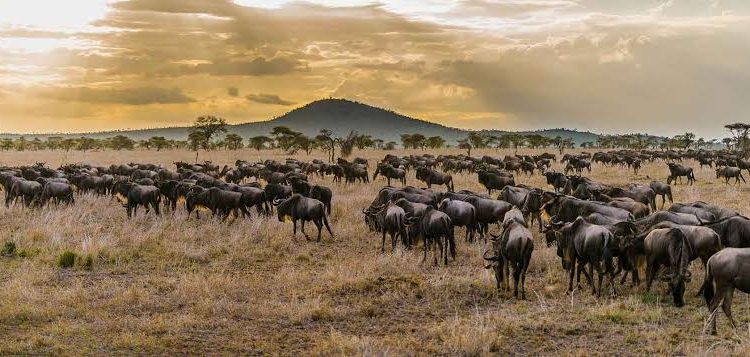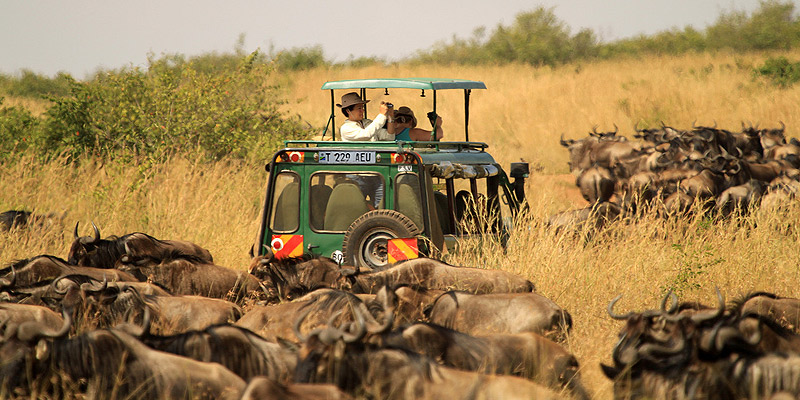Malaria in Serengeti National Park is one of the things to consider preparing adequately for whilst planning your Serengeti National Park safari. Serengeti National park is quite busy, and thus inhabits varieties of animals and insects, mosquitoes included given it is located in the tropics. Serengeti National Park just like many other Tanzania national parks has water catchment areas, which are most a times are stagnant and thus fertile grounds for mosquito breeding. More and more tourists do visit Tanzania to see the Serengeti National Park, on Tanzania trips or Tanzania tours. Knowing therefore what to do, especially in regards to malaria in Serengeti National Park is important.

Serengeti National Park is one of the most sought after Tanzania tour destinations visited by very many tourists every other year, to enjoy a variety of attractions and activities in Serengeti National Park. Serengeti National Park is famous for the great wildebeest migration which is the world’s largest animal migration. The Serengeti National Park great wildebeest migration is one of the 7 natural wonders of the world, and one of the most fascinating things to do in Serengeti National Park.
Serengeti National Park is characterized by grasslands that the park derives her name driven from the local Masai word siringet which translates to the endless plains of the savanna; which perfectly describes Serengeti National Park. Given that the Serengeti National Park does not have so many water sources, and is filled with short grasslands, there is less mosquito infestation in the park and thus lower risks of getting malaria in Serengeti National Park. Though the nature of the park has less mosquitoes in the park and thereby minimal chances of having cases of malaria in Serengeti National Park, it does not necessarily rule out that the Serengeti has mosquitoes, minimal as they may be.

Keeping in mind that the Serengeti National Park still inhabits mosquitoes, all travelers are thus advised to visit their personal doctors and physicians and be advised appropriately about travel to Africa, especially in regards to malaria. Travelers can get malaria vaccinations as may be guided by their physicians, as well as or simply come with malaria tablets as prescribed by still, your physician. This is something that your tour planner shall advise you to seriously consider doing as you prepare your Tanzania trip.
All camps and lodges in Serengeti National Park, as is in most other Tanzania safari destinations, have taken precautions to safeguard their guests from contracting malaria in Serengeti National Park. The various accommodation in Serengeti National Park avail treated mosquito nets tucked in in all their beds, to safeguard travelers from being bitten by mosquitoes. Though you are availed with treated mosquito nets inside the lodges, this does not guarantee you not getting bitten by mosquitoes outside the nets. Travelers are thereby asked to take extra personal precaution in regards to mosquitoes and contracting malaria in Serengeti National Park.
Travelers who visit Tanzania on Serengeti National Park safari tours are also advised to carry with them insect repellent creams or oils, to protect you from mosquito bites, most especially when you are outside the safety of your mosquito nets. Insect repellents like DEET which is the most recommended should be applied especially when you are going out to do various Serengeti national park activates like game drives. Use of insect repellents does not only protect you from mosquito bites but also other insect bites. Remember to make use of the insect repellents when you are going to enjoy a camp fire in the evenings.
Getting malaria vaccinations is not one of the must-have vaccinations that travelers ought to have as they visit Tanzania. Travelers are just highly advised to consult with their personal doctors, at least 6 weeks before travel dates to get professional advice and right prescriptions before visiting Tanzania and going to the It is Serengeti National Park.better to be prepared than sorry, so getting the malaria vaccination or carrying prescribed anti malaria tablets is best be done.

Once you do get to your lodge, kindly take the initiative to check if you have a mosquito net in your room, and if so if it is in good condition that is without any tears that mosquitoes may pass through and bite you, which would only result into you contracting malaria in Serengeti National Park.
When packing your Tanzania safari luggage, you are advised to consider carrying long sleeved shirts and trousers, that shall have your arms and feet covered up and void mosquito bites so easily from bare skin. These long sleeved shirts and trousers are most recommended to wear when out on game drives, or walking safaris to avoid skin exposure.
Note, however, that asides malaria in Serengeti National Park which you should prepare for adequately, there are other mandatory vaccinations that you ought to look into with your personal doctor. To get into Tanzania, you ought to have a yellow fever vaccination certificate, lest you are not allowed to enter or be subjected to vaccination at the airport.
Serengeti National Park is one of the most sought after Tanzania safari destinations that more and more travelers do visit every single year. Despite the existence of mosquitoes causing malaria in Serengeti national Park, a Serengeti safari tour is one of the best and most memorable Africa safari experiences that you shall ever take. Take time to plan out an amazing Tanzania tour with a reputable tour operator, and be rewarded with one of the most unforgettable Tanzania safari experiences.


